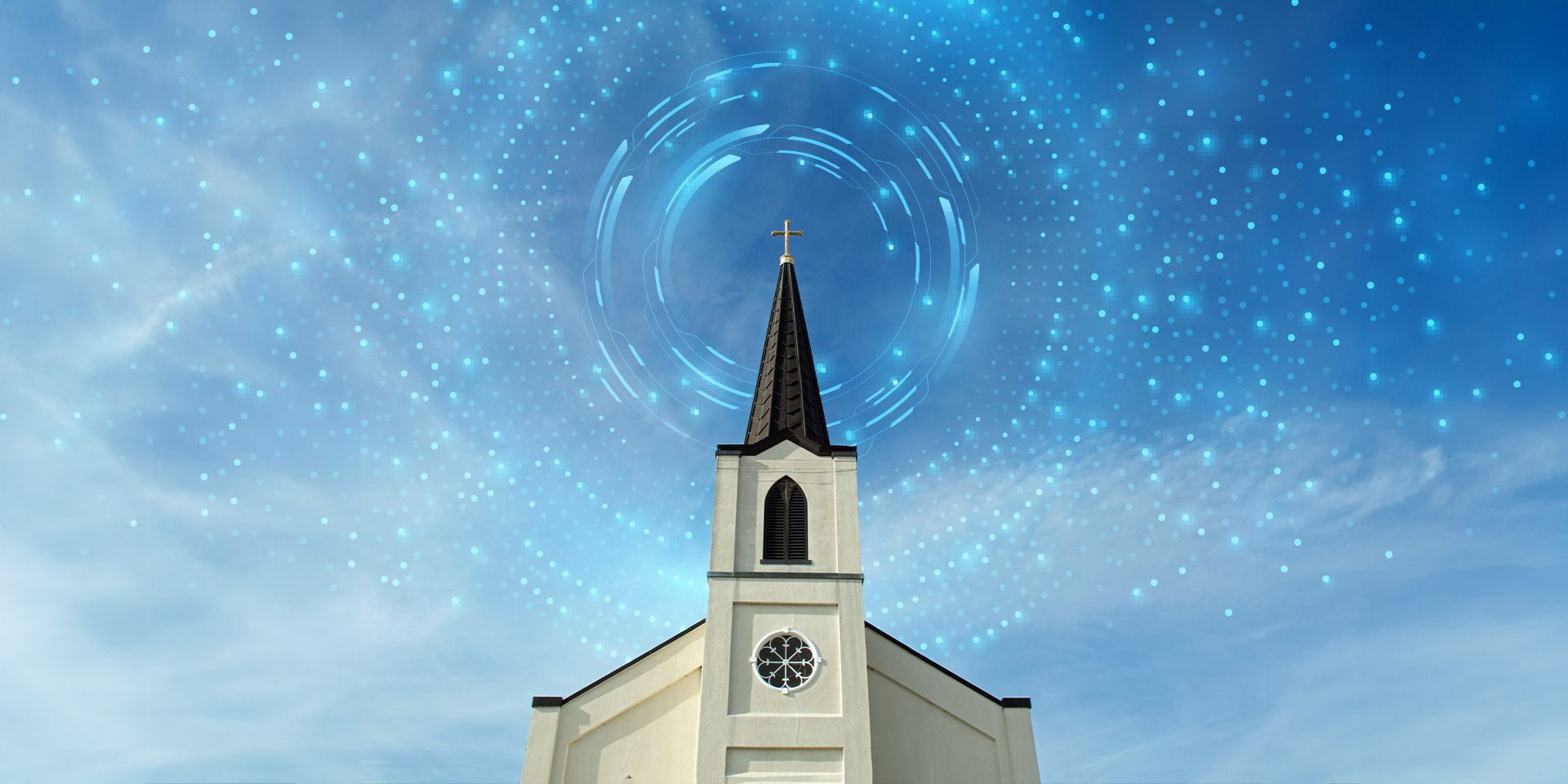By Bishop Kaye Kolde
Based on my role as a spiritual leader in the church and this title, one might assume our topic is Good Friday. I’m actually referring to the third Monday in January, which has been labeled as “Blue Monday” in Western, Northern Hemisphere cultures like the United States. The media will often make mention of this phenomenon in the days leading up to and including that Monday, and last year #bluemonday was a top trending hashtag on the social media platform most of us still call Twitter.
The term has generally been credited to a PR stunt by a British company, Sky Travel, almost 20 years ago to entice people to book a nice sunny holiday over the saddest day of the year. They referenced a psychologist’s formula to determine the most depressed day of the year, which took into account weather, debt levels, the status of our resolutions, Mondays in general, and so on. Many psychologists have argued that such a formula is meaningless, or that people are not depressed for one day, so the whole idea is a myth.
However, my husband, who has been practicing family medicine for 27 years, would concur that around that time many people visit their doctors with a variety of real physical and psychological maladies or concerns. What seems most important to note, however, is how much our culture seems to resonate with the idea. In the end, whether it’s literally true or not doesn’t seem to matter in how people are feeling it’s real.
_
“The people of God feel the hurt, heaviness, and darkness of the world like all of humanity…”
_
Joy and Holiness
How can we engage this kind of conversation in our culture as followers of Jesus? Shouldn’t we pay attention and offer compassion to people feeling sad and depressed? One of the many ways we are witnesses of the gospel is by living in the tension of the already and not yet with the great joy that is available for all people. The people of God feel the hurt, heaviness, and darkness of the world like all of humanity, but we have also been transferred into a kingdom of light where the love of Christ reigns in righteousness and justice. We can identify with the things that make mid-January the saddest days of the year: the winter seems long and dark, our resources physically and financially seem depleted, and the personal change we resolved on January 1 seems like another lost cause. But this is why we rejoice all the more in our restored relationship with God through Jesus Christ, who allows us to walk in the Light (1 John 1:7), has offered us His inheritance and resurrection bodies (1 Corinthians 15:42–44), and transforms us from glory to glory by the power of the Holy Spirit (2 Corinthians 3:18).
In my own journey of spiritual transformation, God’s revelation and my response have come through both crisis and process, in painful seasons or moments and slowly over time as I have drawn nearer to God. Several years after I put faith in Jesus, I began faithfully reading and studying the Bible, and I experienced the Spirit bringing the Word alive in my heart and mind. As I submitted myself to the Spirit and the Word, it became a mirror reflecting how I was being sanctified, or more often than others might have known from the outside, not being sanctified. One of those areas was in reading how both the Israelites and the early church wrote, sang about, and celebrated the joy found in the Lord despite their circumstances.
_
“When we abide in Him, Jesus tells us, we will bear much fruit to the Father’s glory (John 15:5-8).”
_
I began to question why I wasn’t a joyful person, even though my challenges in that season were relatively small and I was blessed in so many ways. I began to seek the joy of the Lord as part of being holy as He is holy. This involved some inner healing, but mostly it required deepening my relationship with Jesus and receiving His love. All too often I see the church and individual followers of Jesus value a behavioral definition of piety while neglecting the Spirit-produced fruit of joy as a mark of holiness.
In John 14, Jesus is sharing important truth in the Upper Room with His closest friends so that they know how to continue after His imminent death. He talks about a figurative house He is preparing for them and goes on in this discourse to explain this is not literally a “mansion in glory” after we die, but it is the ability to abide or dwell with God now because of the gift of the Holy Spirit. When we abide in Him, Jesus tells us, we will bear much fruit to the Father’s glory (John 15:5-8). Again and again as He speaks with the purpose of directing and encouraging them, we can hear the word joy. “I have told you this so that my joy may be in you and that your joy may be complete,” Jesus says (John 15:11). He even prays that we would have the full measure of His joy within us (John 17:13). This kind of joy comes through the powerful and loving presence of God at work within us.
Fear Versus Truth
Fear is a tool the enemy of our souls uses to steal the abundant life Christ died for us to experience. This kind of fear is often attached to our circumstances, and it preys on the truth of our weak and vulnerable state of being human. This truth about finite and fallen humans is the reason we needed Jesus in the first place, and the reason why we can only truly be set free from the enemy’s attempts to rob us of hope and joy by the Spirit’s help. It is possible as Spirit-filled believers to be “afraid yet filled with joy,” like the shepherds hearing the good news (Luke 2:10), or the women leaving an empty tomb (Matthew 28:8), or the Roman jailer turning from the lord he had served to Jesus as Lord (Acts 16:34), or the Thessalonian church in the midst of severe suffering (1 Thessalonians 1:6).
It is possible to grieve and mourn, and still rejoice with thankfulness. On my saddest days, the joy of the Lord is my strength. This is the promise of Christ in me, and in us. This is holiness and the fruit of Spirit-empowered transformation for all the world to taste and see how good our God is.
_
“He will sit with you through the night until joy comes in the morning.”
_
For a sad and anxious generation and my own sad days, there is no benediction that brings me more comfort than Paul’s words found in Romans 15:13, “May the God of hope fill you with all joy and peace as you trust in him, so that you may overflow with hope by the power of the Holy Spirit.”
If you are looking for joy that feels distant or non-existent in January, or any long hard season, spend time with Jesus. He will sit with you through the night until joy comes in the morning. I am praying, dear reader and beloved one, for the fullness of His joy in you because it satisfies your soul and brings God glory.
+

Bishop Kaye Kolde was elected to the Free Methodist Church USA Board of Bishops in 2023 after serving since 2019 as the lead pastor of The Arbor Church in Spring Arbor, Michigan. She has enjoyed coaching for discipleship systems and previously served as the executive pastor of ministry and in other pastoral roles at Sage Hills Church in Wenatchee, Washington. She is married to Dr. David Kolde, and they are the parents of a son, Gray, and a daughter, Emi.
Great Writing + Discipleship Materials
RELATED ARTICLES











